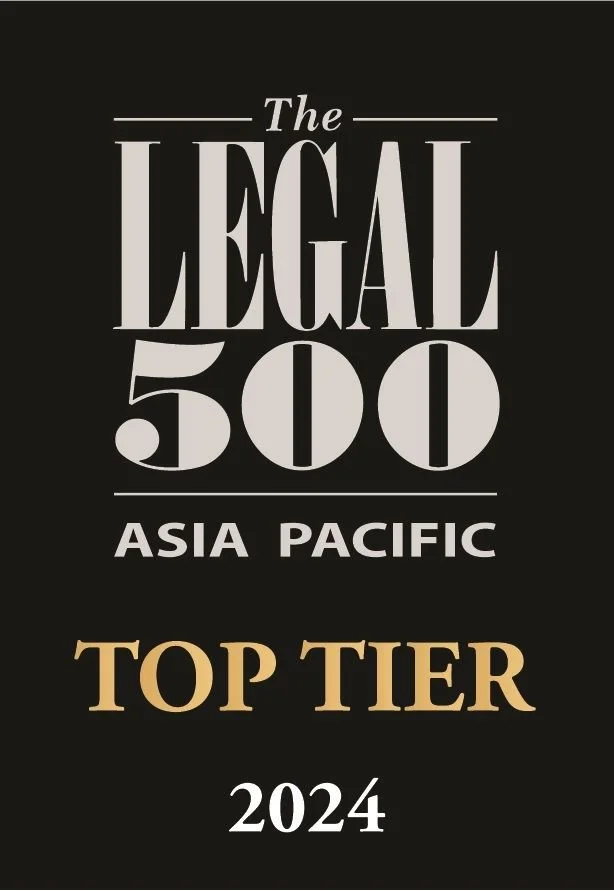UK Supreme Court Makes Dishonesty Ruling on High Stakes Gambling Case
/Ivey v Genting Casinos (UK) Ltd [2017] UKSC 67
£7.7m – legitimately won or dishonestly taken?
Mr Ivey’s chosen game Punto Banco (a variant of Baccarat) is primarily a game of luck. With a great deal of skill, Mr Ivey managed to stack the odds in his favour and obtain an edge of 6.5% by manipulating both the croupier and the cards. Mr Ivey and his associate requested the croupier to re-orientate the cards, then reshuffle the deck using an automatic machine and re-use the same deck under the pretext of superstition. However, there was an ulterior motive as these tactics allowed the eagle-eyed Mr Ivey to observe the edges of the cards and predict which cards would be turned over next. This ‘edge-sorting’ technique caused him to be labelled as a cheater by both the High Court and the Court of Appeal, allowing the casino to retain the £7.7m.
The Court held that central to the “contract to gamble” between Mr Ivey and Crockfords was an implied condition that neither party would cheat. As to the criminal position, S 42 of the (UK) Gambling Act 2005 establishes that a person has committed an offence if they cheat at gambling or do anything for the purpose of enabling another to cheat at gambling.[1] The Court had to decide whether Mr Ivey had cheated, but more importantly, whether cheating required an element of dishonesty.
“Honestly, I didn’t know I was cheating!”
Mr Ivey was open about the actions he had taken and vehemently defended his position that he did not believe ‘edge-sorting’ to be cheating. At the criminal level, the Courts had a adopted a two stage test for dishonesty which relied on both 1) the standards of ordinary, reasonable people, and 2) whether the defendant must have realised an ordinary, reasonable person would deem his behaviour to be dishonest.[2] The second, subjective part of this test was problematic as it relied partly on the morality of the offender. The Supreme Court concluded that, when it comes to the meaning of “dishonesty”, there should no longer be a distinction between civil and criminal proceedings.
“[T]here can be no logical or principled basis for the meaning of dishonesty (as distinct from the standards of proof by which it must be established) to differ according to whether it arises in a civil action or a criminal prosecution.”
The Supreme Court affirmed the objective test for dishonesty for civil actions set out in Barlow Clowes International Ltd v Eurotrust International Ltd[3] and Royal Brunei Airlines v Tan:[4]
“Although a dishonest state of mind is a subjective mental state, the standard by which the law determines whether it is dishonest is objective.”[5]
Under this test, Mr Ivey’s own view that edge-sorting is a legitimate way of gaining an advantage in gambling is irrelevant.
The test for dishonesty in New Zealand
The objective test is well established in New Zealand civil law. A recent NZ Court of Appeal decision of Vernon v Public Trust [2016] relied on the test set out in Barlow Clowes and indicated that an agent could not be absolved of liability simply by asserting that in his own mind he was acting honestly.[6]
Comment
Russell Stewart, Senior Associate at Fee Langstone, says that the decision aligns the test for dishonesty in the sphere of the criminal law with that used in the civil law. It is consistent with the test of dishonesty adopted by the New Zealand Courts.
[1] This is a similar provision to s 351 of the (NZ) Gambling Act 2003. However in New Zealand there is a requirement that the offender must knowingly contravene the rules of a game.
[2] R v Ghosh [1982] QB 1053.
[3] Barlow Clowes International Ltd v Eurotrust International Ltd [2005] UKPC 37; [2006] 1 WLR 1476.[3]
[4] Royal Brunei Airlines Sdn Bbd v Philip Tan Kok Ming [1995] 2 AC 378.
[5] Barlow Clowes International Ltd v Eurotrust International Ltd [2005] UKPC 37; [2006] 1 WLR 1476, at 1479.
[6] Vernon v Public Trust [2016] NZCA 388.






